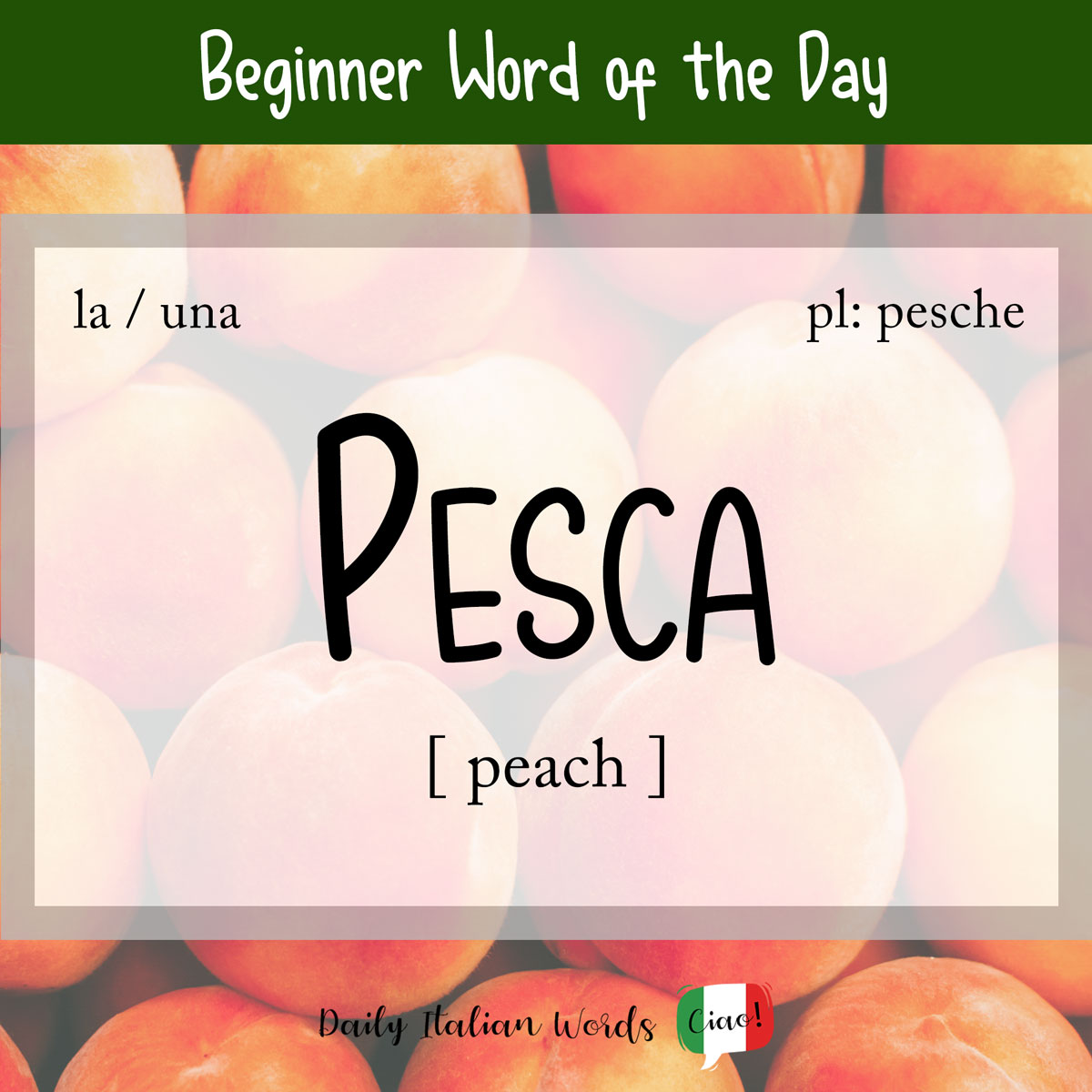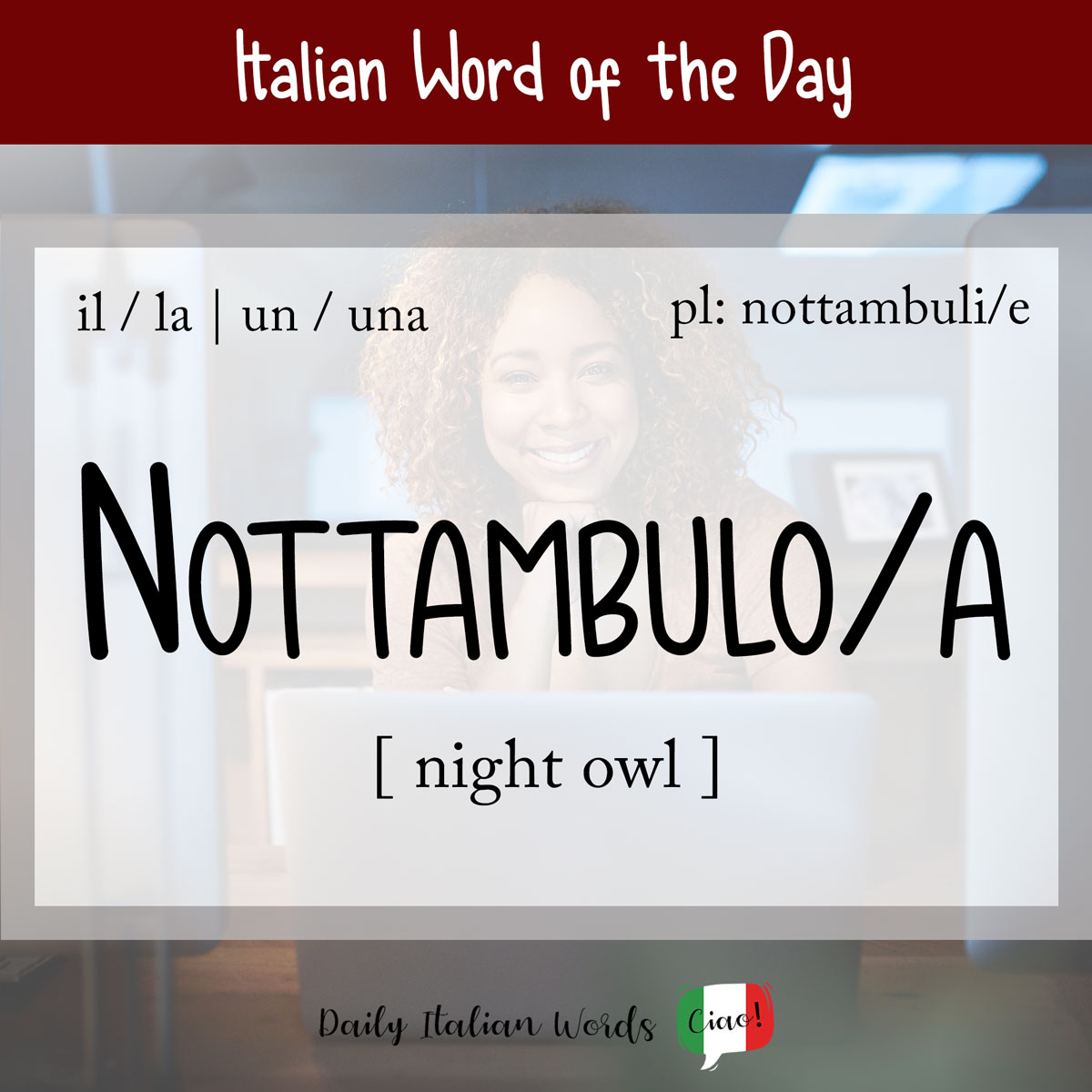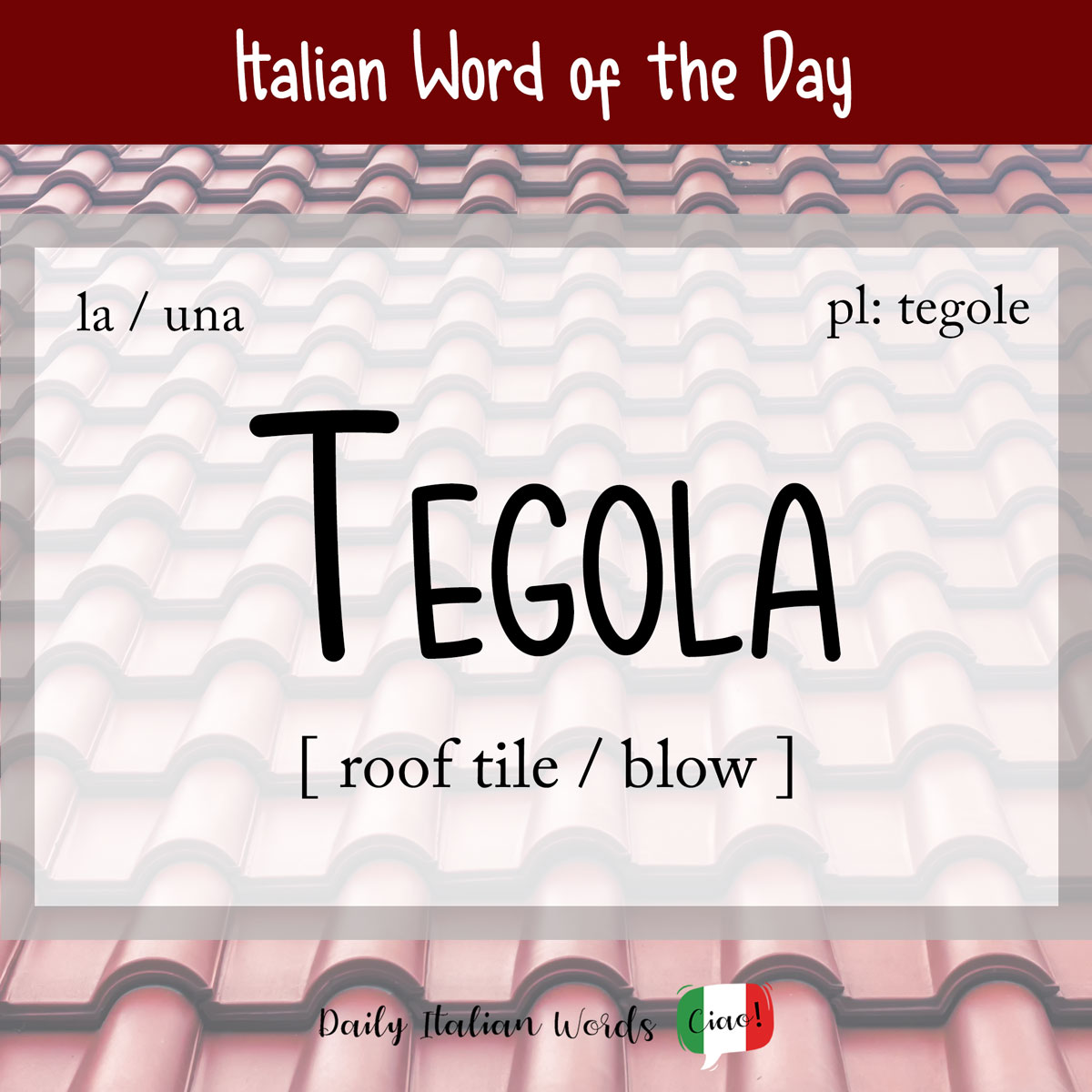Italian Word of the Day: Rotto (broken)
The adjective rotto in Italian can refer to anything that is damaged, out of order or in pieces including machines, clothes, household objects, and body parts to name a few. It is the past participle of the verb rompere meaning to break. Being an adjective, rotto also has corresponding feminine and plural forms with different …






